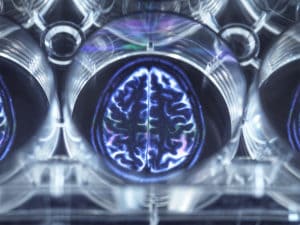Dementia treatment involves understanding Dementia is not a disease but is mental impairment, an overall decline in cognitive function which must involve two functions, at minimum of the brain including memory, thinking, language, judgement or behavior. The source of dementia may be from an injury, multiple injuries or caused by illness. Personality changes often are a part of dementia symptoms. Sunridge Medical offers natural dementia treatment at our Scottsdale, AZ facility.
Causes of Dementia

Early Signs of ALS
According to the National Institute on Aging, Vascular Dementia is caused by a blockage or lack of blood flow to the brain. This can lead to damage in the areas of the brain responsible for memory, thinking, and speech. Parkinson’s disease with dementia, also known as Parkinson’s Disease plus Dementia (PD-D), is a condition that affects people who have both Parkinson’s disease and Alzheimer’s disease. This disorder is challenging to diagnose because the symptoms of each individual disease often overlap.
Frontotemporal Lobar Degeneration (FLTD)
Other Dementia Causes
Normal pressure hydrocephalus (NPH) is a neurological disorder that causes dementia. It is characterized by walking abnormalities, confusion and impaired bladder control. A subdural hematoma is a collection of blood on the between the surface of the brain and the skull. Often a result of an accident, a subdural hematoma can in rare circumstances lead to dementia. Lead toxicity dementia is caused by high levels of lead in the body and includes symptoms of memory loss, confusion, and trouble thinking clearly. Hypothyroidism, Vitamin B-12 deficiency, liver and kidney disorders also can lead to dementia, however in many cases these dementias may be reversible with appropriate medical treatment.


